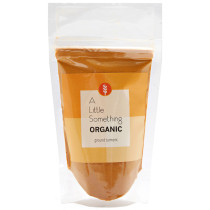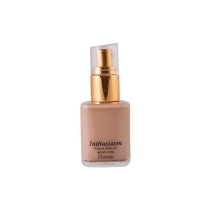Cinnamon
Tree of the family Lauraceae
Cinnamon
Other Name(s):
Cinnamomum cassia; Cinnamomum zeylanicum Cinnamomum verum; Cinnamyl Alcohol; Cinnamal; Hexyl Cinnamal; CAS# 8007-80-5; Ceylon Cinnamon

Ceylon cinnamon, otherwise known as ‘true cinnamon’, Cinnamomum verum and Cinnamomum zeylanicum is native to Sri Lanka. It’s a bit of a slow grower, considering it's a tree, taking up to 3 years from seed to harvest. Cinnamon is a hardy tree and when a sapling is about 2 years old, farmers will cut the main stem close to the roots and cover it with soil. This causes the plant to grow more like a bush, shooting lots of smaller branches (with lots of cinnamon bark to harvest!).
Is Cinnamon Faithful to Nature?
Yes.
Cinnamon is a delicious, fragrant ingredient that can be manufactured safely and farmed sustainably without harming the environment. Cinnamon essential oil is, however, a powerful ingredient and should be used wisely.
Benefits: Why is Cinnamon Used?
Signature Fragrance
Cinnamon essential oil lends an earthy, spicy fragrance to home, body & beauty products.
Natural Aphrodisiac
Cinnamon oil is used in traditional Ayurvedic practise as a natural aphrodisiac for men and women.
Glowy Skin
Cinnamon powder gently exfoliates, restoring dry, flaky skin. It is said to have natural antimicrobial properties to stop acne-causing bacteria.
Balanced Appetite
Cinnamon spice may be helpful with the management of blood sugar levels.
Cinnamon powder and cinnamon essential oil are used in many foods, health supplements, cosmetics and home fragrances. Like all essential oils, it can also be found as a single ingredient product as well.
Cinnamon essential oil can be made by the steam distillation of the cinnamon bark and leaves. The plant materials are steeped in boiling water and the evaporated steam is collected. The natural essential oils will separate from the water and can be easily collected and bottled.
EU regulations specify that certain fragrance oils commonly found in natural essential oils must be labelled separately on ingredient lists on cosmetic product labels. The EU governing bodies specify this because they are recognised as potential allergens which can irritate sensitive skin. Cinnamal, eugenol and linalool are three of these and all are found in cinnamon essential oil.
Notice: The information provided here is not intended as medical advice and is for educational purposes only.
Products Containing Cinnamon
-
sku7402v2
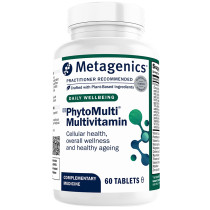
-
sku94483
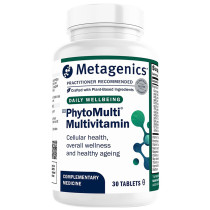
-
sku7400
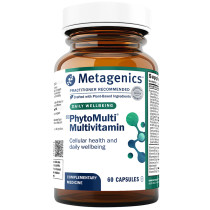
-
sku92543
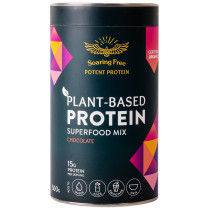
-
sku138403
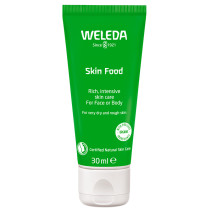
-
sku5670
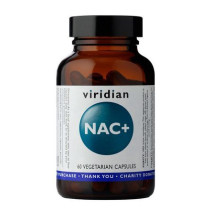
-
sku4775

-
sku4667
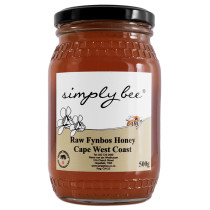
-
sku117186
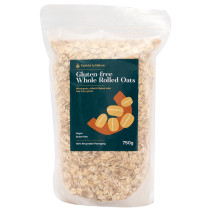
-
sku64561
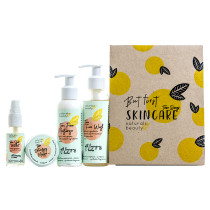
-
sku63138

-
sku6405
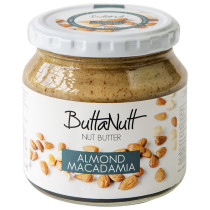
-
sku890
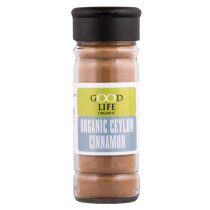
-
sku60510
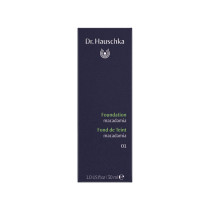
-
sku68800
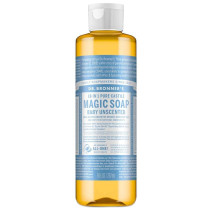
-
sku6402
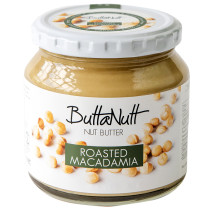
-
sku5536
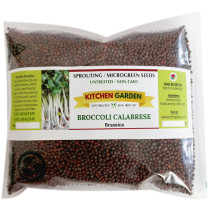
-
sku92544
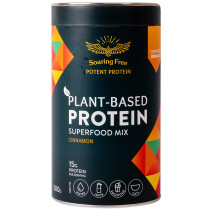
-
sku121233
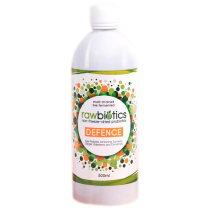
-
sku3184
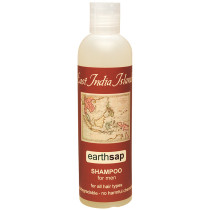
-
sku66003
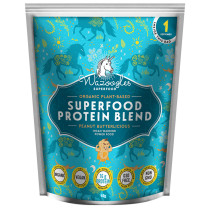
-
sku9255
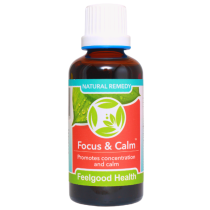
-
sku117185

-
sku105523
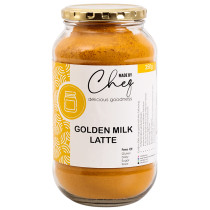
-
sku61074

-
sku66372
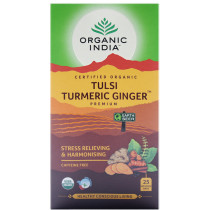
-
sku68801
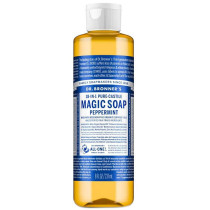
-
sku2577
-
sku111683
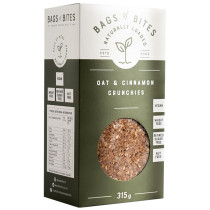
-
sku9948

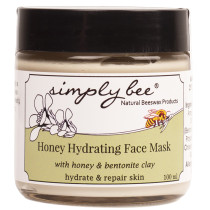
-
sku6941
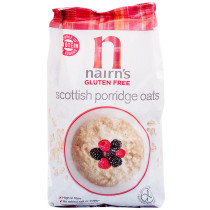
-
sku130244

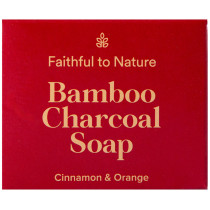
-
sku4953

-
sku101358

-
sku61062
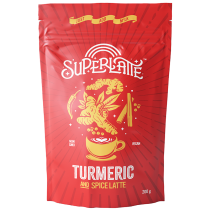
-
sku68804

-
sku128840
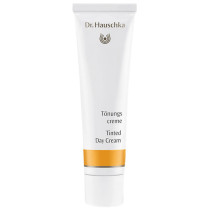
-
sku64161

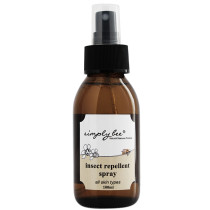
-
sku60500

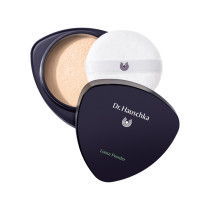
-
sku4968v2
